Frustratingly for his opponents, Donald Trump has a knack for identifying public policy problems that elites avoid but which have salience with a critical mass of voters—from rampant illegal immigration to the decline of American manufacturing to the cultural takeover of “woke” social conventions.
Unfortunately for those who support him, the president has chosen to try to solve these problems through performative gestures rather than doing the difficult work of governing.
In fact, two seemingly unrelated actions Trump has taken this week demonstrate perfectly this tendency to favor dramatic action over responsible and effective governance: the federal takeover of law enforcement in Washington, D.C., and the nomination of a noted sycophant to head the Bureau of Labor Statistics.
On Monday, Trump declared a crime emergency in the District of Columbia, citing “rising violence” which “now urgently endangers public servants, citizens, and tourists, disrupts safe and secure transportation and the proper functioning of the Federal Government, and forces the diversion of critical public resources toward emergency response and security measures.”
Violent crime in the nation’s capital is no trivial matter. For the past 15 years, the overall trend in Washington for violent crime, particularly murders, assaults, and carjackings, has been upward. While official statistics from the city’s police department indicate that the trend has begun to reverse, particularly when it comes to murders, the perception remains a reality for those who live and work in the District of Columbia: Things feel more dangerous than they did before the COVID pandemic.
The Trump administration’s response to a real and tangible crime problem has been throwing a kitchen sink of aggressive law enforcement measures. He has deployed hundreds of members of the District’s National Guard unit to provide a “physical presence in support of law enforcement.” Trump has also invoked a provision of the federal law on D.C.’s home rule to take temporary control of the city’s police department.
The result has been a remarkable show of force in just a few short days. There’s the increased federal military and police presence in several parts of the capital, most conspicuous in the relatively low-crime areas of the National Mall and Georgetown. Officers from various federal law enforcement agencies, such as the FBI, Homeland Security, and the Drug Enforcement Agency, have been walking patrol alongside the Metropolitan Police. An encampment of homeless people near the Kennedy Center for the Performing Arts has been cleared away. Officers set up a traffic checkpoint on the busy 14th Street corridor to hand out citations for minor driving violations.
How much of this action will effect long-term change for Washington’s crime problem? It’s not clear yet what the National Guardsmen are doing beyond standing post outside the federal buildings they are authorized to protect. The president’s authority over the city’s police lasts just 30 days, but Trump has already mentioned asking Congress to authorize “long-term extensions.” Yet with all of the work that federal law enforcement has to do on other fronts, it’s unclear whether supplementing local policing efforts is a sustainable situation or an efficient use of federal resources.
The show of force contributes to the notion that Trump simply likes the image of Humvees driving up and down Constitution Avenue and law enforcement officers under his control standing post. The perception of law and order—not, say, placing pressure on Congress to pass laws that would force D.C to get tougher on crime—is the point.
Out of a similar obsession with optics did Trump arrive at E.J. Antoni, his new nominee for commissioner at the Bureau of Labor Statistics, the Department of Labor’s agency for gathering, analyzing, and disseminating data about the nation’s workforce. Trump announced Antoni’s nomination on Monday, just days after firing the previous commissioner, Erika McEntarfer, who had been nominated to the post by Joe Biden and confirmed by the Senate last year.
McEntarfer’s firing came after the agency issued a monthly jobs report that showed surprisingly underwhelming numbers. Trump later asserted that the report and the downward revisions that the BLS made to its May and June reports were “rigged” to hurt him politically.
Antoni, the chief economist at the Heritage Foundation, has distinguished himself neither as a labor economist nor as an apolitical statistical whiz. Antoni has spent much of his career in academia and conservative think tanks, emerging in the last few years as a reliably pro-Trump and anti-Biden voice on cable news (and a “bystander” at the January 6 Stop the Steal rally, apparently).
One example of Antoni’s looseness with data to serve a pro-MAGA message came last month. He asserted on his X account that import prices came “WAAAY below expectations” and suggested this demonstrated that Trump’s tariff costs were not being passed along to the American consumer, as critics had insisted they would. But the index Antoni cited does not factor in tariffs, meaning the data might actually suggest the opposite—that American consumers were, in fact, paying for the bulk of the cost of the new tariffs.
Most crucially for his nomination, Antoni has been a critic of the BLS’s monthly job reports since Trump took office—though a year ago he regularly cited the agency’s data to criticize the Biden administration’s rosy assessment of its own. In the last 10 days, he has published several posts on social media criticizing the most recent jobs report. (He also made sure to post a celebration of McEntarfer’s firing.) Antoni also appeared on the podcast of Steve Bannon, who has helped raise Antoni’s profile in MAGA media, to further blast the July report. And in an interview with Fox News Digital shortly before his nomination, Antoni reiterated many of his complaints about the data collection practices of the BLS and suggested suspending the monthly report.
“The fact that you consistently have large downward revisions means that there are other things wrong with your models and methodologies,” Antoni said. “Statistical assumptions that may have worked fine before COVID no longer work in today’s economy and therefore need to be revised.”
While Antoni’s criticisms of the status quo at the BLS conveniently dovetail with Trump’s frustration with the disappointing jobs report, those criticisms are not without warrant. The revisions that the BLS has had to make to its jobs reports have grown more dramatic as response rates from employers have dropped. But that’s not a matter of political bias. Instead, it reflects how our dynamic, changing economy presents new challenges to accurately tracking job data, particularly as industries brace for the uncertain impact of the Trump administration’s tariffs.
Notably, many conservative economists and economic analysts have greeted Antoni’s nomination with a mixture of outrage and concern that Antoni’s devotion to Trump will outweigh his professional obligations as an economist to present and treat data accurately. One former colleague, who requested anonymity to speak freely, told me that Antoni seeks to be an honest broker of economic information but that he will have an uphill battle convincing the Senate that he will not suppress, twist, or tamper too much with how the data is modeled to fit the demands of a president who is far less “intellectually rigorous.” This former colleague said Antoni will need to deliver a sober performance in his confirmation hearing, demonstrating he wants to make defensible changes to the BLS process.
“So I think it’s important that he actually draw a distinction between changing the modeling, which would have an impact on the end numbers that are being reported, versus improving the collection methods,” said this person.
“Improving collection methods” is the sort of boring but necessary reform that a shakeup at government agencies like the BLS could force—and any number of apolitical or even conservative but nonpartisan economists could be selected. But Trump’s pick of Antoni only engenders more distrust that the data coming out of the agency will be nonpartisan and reliable. Like flooding D.C. with federal troops and officers, Trump is responding to a serious problem with an unserious solution.
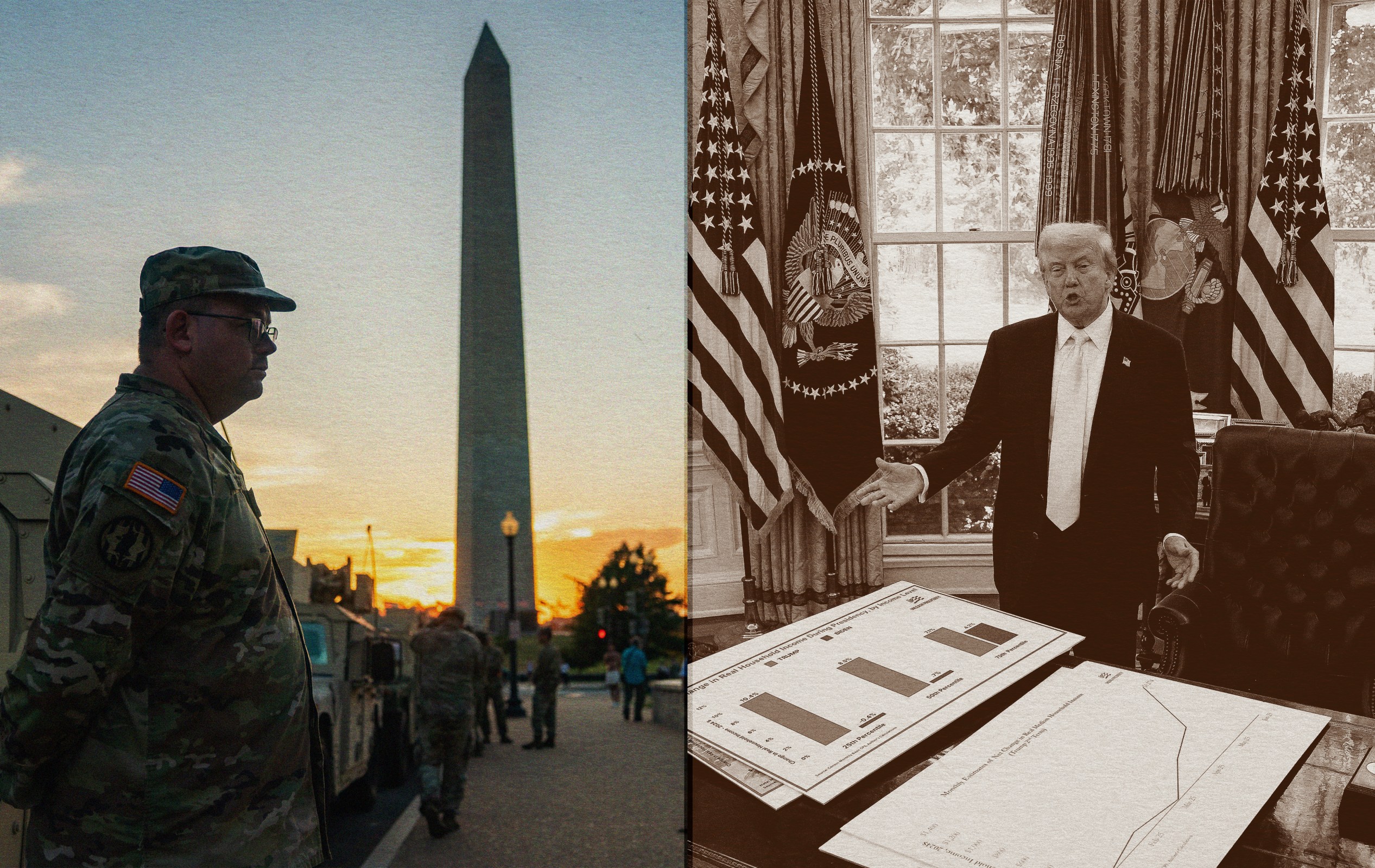

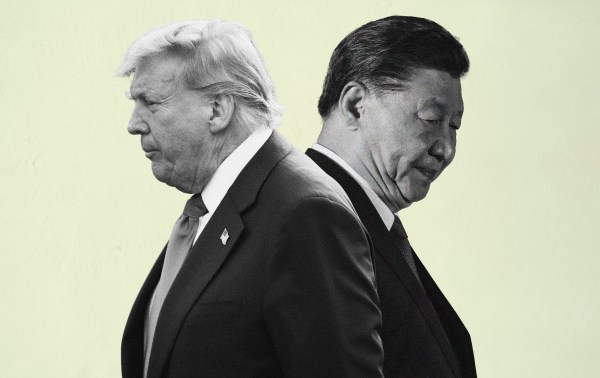
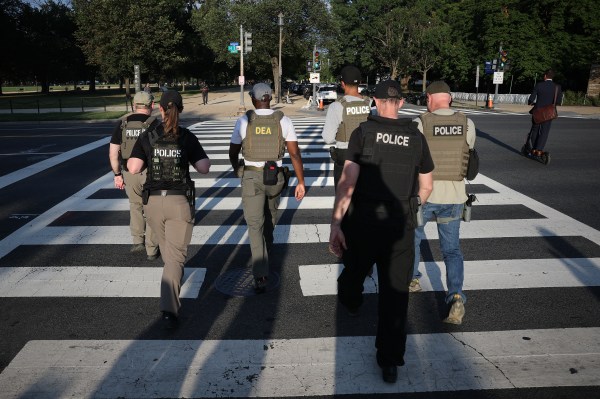
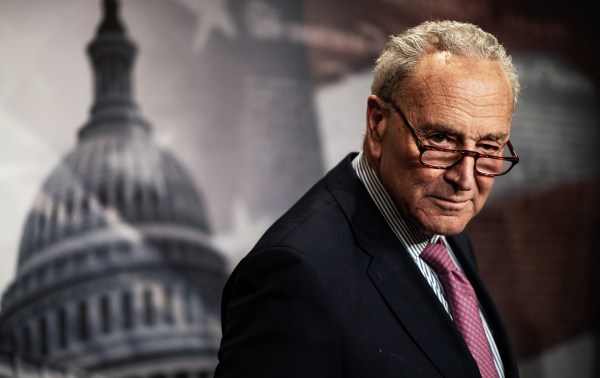


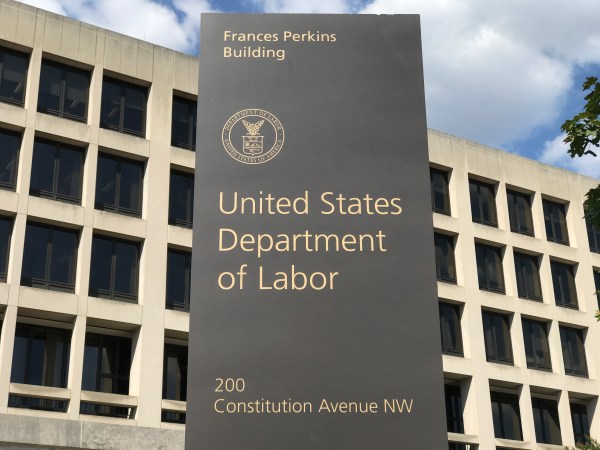


Please note that we at The Dispatch hold ourselves, our work, and our commenters to a higher standard than other places on the internet. We welcome comments that foster genuine debate or discussion—including comments critical of us or our work—but responses that include ad hominem attacks on fellow Dispatch members or are intended to stoke fear and anger may be moderated.
With your membership, you only have the ability to comment on The Morning Dispatch articles. Consider upgrading to join the conversation everywhere.